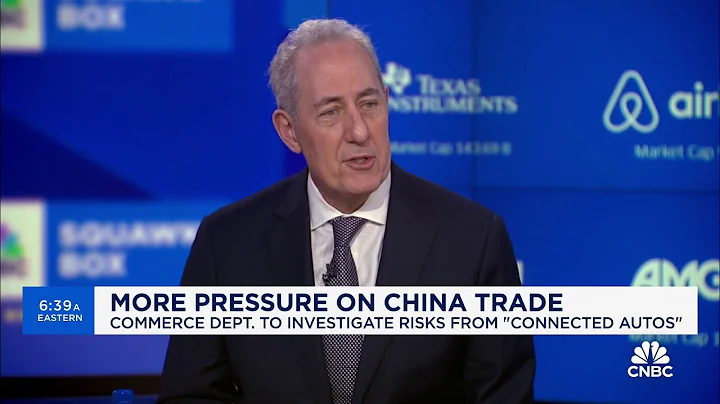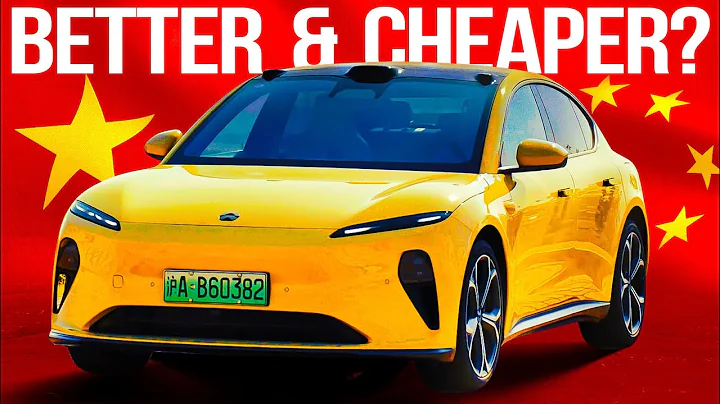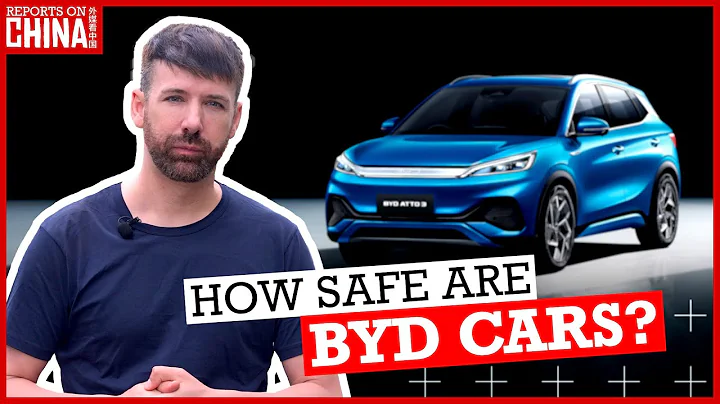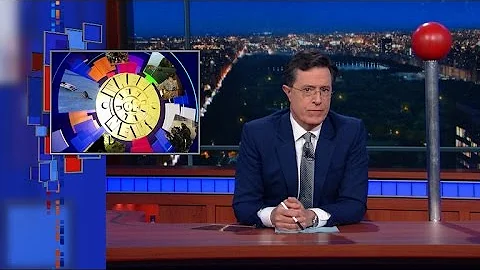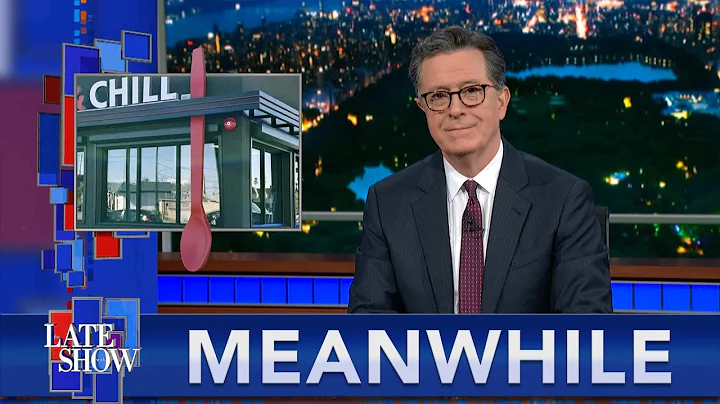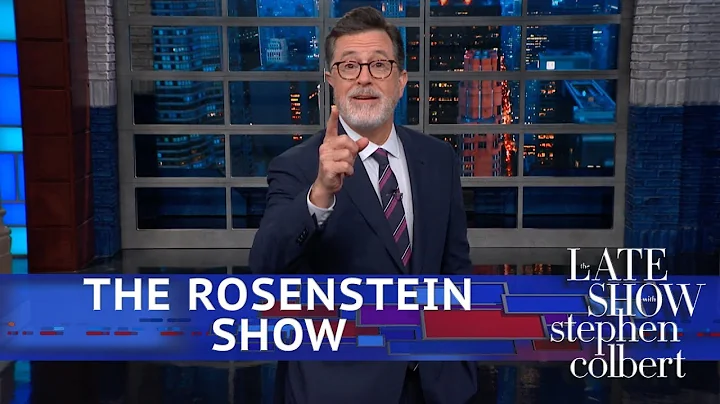China-Singapore Jingwei, June 21st: The epidemic and the shortage of raw materials have not affected the strong trend of new energy vehicles
Author Cui Dongshu, Secretary General of the National Passenger Car Market Information Joint Association
According to the new energy vehicle retail data of the Passenger Car Association, in May The overall development of the market continues to remain strong. In 2022, China's traditional fuel vehicle market will be sluggish, but the epidemic and raw material shortages and price increases have not affected the strong trend of new energy.
html From April to May, the price of battery materials for domestic new energy vehicles dropped significantly, which is of great significance to the stability of the new energy vehicle market. Under the impact of the epidemic, the Shanghai auto market has shown a sluggish trend, but private demand for new energy vehicles in non-restricted areas is gradually strengthening. The new energy vehicle business of traditional car companies and passenger car companies has shown strong growth, especially the A00 class. and A0-class private car market performance is relatively strong, rental demand also continues to improve.html New energy vehicle wholesale sales in May were good month-on-month
html In May, new energy vehicle data from the China Passenger Car Association showed that wholesale sales of new energy passenger vehicles reached 421,000 units, a year-on-year increase of 111.5% and a month-on-month increase of 49.8%. The development of new energy vehicles, like traditional fuel vehicles, has been affected by the current epidemic, but it has achieved a new market. The month-on-month improvement in May exceeded expectations. From January to May, 1.892 million new energy passenger vehicles were wholesaled, a year-on-year increase of 117.4%.Since 2022, due to the price increase of raw materials such as lithium and nickel, the price of power batteries has risen much faster than industry expectations. Therefore, after the price increase of power batteries, car companies are under great pressure and can only relieve cost pressure through price increases.
At present, the impact of the price increase of power batteries on the price increase of new energy vehicles is not obvious yet. I think there are four main reasons.
First, the sales model of new energy vehicles is order sales. Currently, car companies have many orders before price increases. As a result, from March to May, early orders are basically digested, so sales have not been greatly affected.
Secondly, new energy plug-in hybrid vehicles have diverged the fuel vehicle market, as the advantages of new energy vehicles are further increasing due to high oil prices. With the current high oil prices, the cost performance of new energy vehicles has been significantly improved. In comparison, the traditional vehicle market seems quite difficult.
Third, consumers have strong demand for new energy vehicles and relatively low price sensitivity. Therefore, small price changes will not significantly affect consumer demand for new energy vehicles.
Fourthly, the order price before the price increase of new energy vehicles has been locked, resulting in the result that the price of locking in the car early will be cheaper, stimulating more consumers to pre-order in advance. In addition, car companies have also taken certain countermeasures against suspected scalpers speculating on orders.
html New energy vehicle retail sales grew strongly in May
html In May, the retail sales of new energy passenger vehicles reached 360,000 units, a year-on-year increase of 91.2% and a month-on-month increase of 26.9%. A "W-shaped" trend was formed from January to May.Judging from the retail data of the Passenger Car Association, from January to May, domestic retail sales of new energy passenger vehicles reached 1.712 million units, a year-on-year increase of 119.5%. However, so far, the annual cumulative growth rate has not reached a high level and has fallen rapidly.
In addition, the performance of some regional markets across the country is gradually improving.

In the past few years, the demand for new energy passenger vehicles was mainly strong in megacities with purchase restrictions. Recently, the performance of these cities has continued to decline. Data from the Passenger Car Association shows that from January to May 2022, the sales volume of new energy passenger vehicles in megacities accounted for 19%, a decrease of 10 percentage points from 2021. A large part of this is due to the impact of the epidemic, which has caused relatively large losses in Shanghai-related industries. In addition, market conditions show that sales in the new energy vehicle market in cities with purchase restrictions across the country have gradually stabilized, and purchase restrictions do restrict demand. Recently, with the introduction of new policies such as bringing new energy vehicles to the countryside, the new energy vehicle market at the county and township levels across the country is gradually starting. (China-Singapore Jingwei APP)
This article was selected and edited by the China-Singapore Jingwei Research Institute. The copyright of the works generated by the selection is owned by China-Singapore Jingwei. No unit or individual may reproduce, excerpt or use it in other ways without written authorization. The views expressed in the selected content represent only those of the original author and do not represent the views of China-Singapore Jingwei.
Editor in charge: Li Huicong




